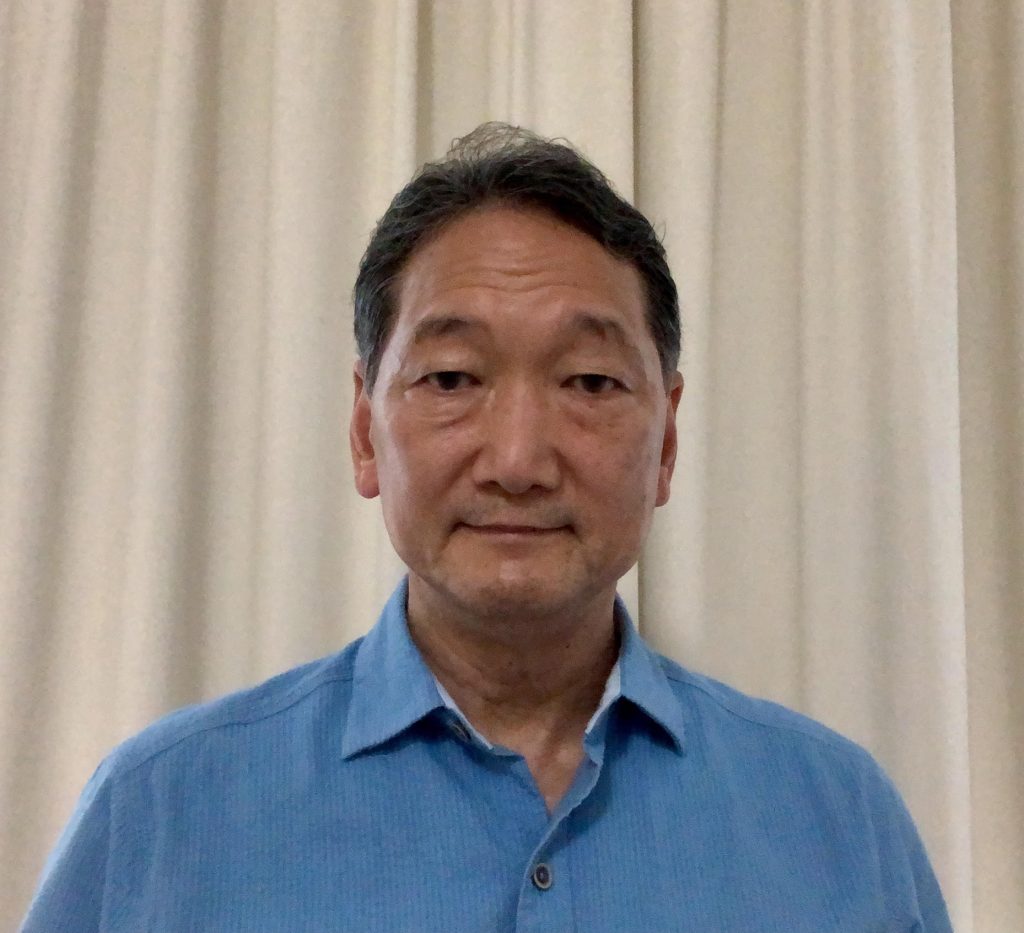Insights from Council Leader Gerald Hane, Ph.D, Research Fellow, Health and Global Policy Institute
The COVID-19 pandemic has driven a dramatic rise in individuals experiencing mental health challenges globally. This rise has led to the growing awareness that many of us are vulnerable, and this awareness creates an opportunity for a turning point in our embrace of mental wellness.

In the United States and Japan, as early as the spring of 2020, over half of the individuals in both countries reported signs of psychological distress. In Japan, by July 2020, the impact was particularly strong among younger adults, with almost a third of individuals in their twenties and a quarter of those in their thirties experiencing depression. In the U.S., those expressing depression or anxiety disorder rose from about 10 percent of the adult population to over 30 percent by the middle of 2021. Over 60 percent of Americans polled reported experiencing physical problems as well as mental.
Heightened awareness of mental wellness for ourselves, our families, and our communities provides an opportunity for a transformative shift in societal thinking. Prior to COVID-19, the U.S. already reported the highest level of mental disorders among developed countries, yet almost half the population in one survey viewed seeing a therapist as a sign of weakness. In Japan, it is estimated that two-thirds of people with mental health challenges never seek therapy, and the perception of value attributed to mental health therapy was the lowest among OECD countries. Yet in both countries over 80 to 90 percent of citizens cite mental wellness to be important.
This year, leaders in both the U.S. and Japan have taken steps to increase support for mental health. In the U.S., President Biden proclaimed May 2021 as National Mental Health Awareness Month and has proposed $4.5 billion in funding to enhance mental health programs in communities and schools. In Japan, Prime Minister Suga created the position of Minister for Promoting Dynamic Engagement of All Citizens, referred to in the press as the “Minister of Loneliness,” and the Ministry of Economy, Trade and Industry has launched an initiative to promote the mental health industry.
USJC can play a vital role as a bridge on this issue between the U.S. and Japan, facilitating greater awareness to address mental wellness without social stigma, connecting pioneers in new science-based and wholistic therapies, and empowering all with a greater appreciation of wellness in our neurodiversity.
This article is part of a series of insights and op-eds from members in our community. If you would like to be featured in an article, please click here.